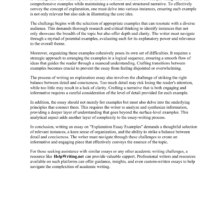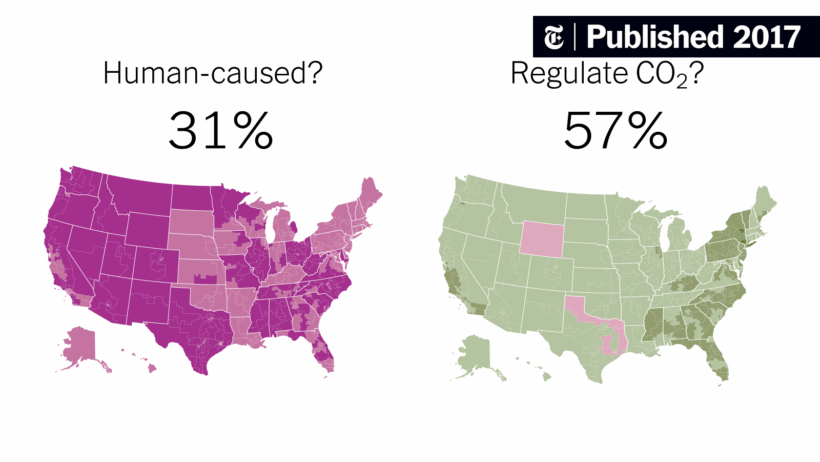The discourse surrounding climate change has evolved into one of the most pronounced political divides in contemporary society. A critical question in this debate is whether a majority of Republicans believe in global warming. Various studies and surveys yield a spectrum of responses, revealing complexities within the party’s stance on climate issues. This exploration aims to dissect the beliefs among Republicans regarding global warming, examining the nuances that shape their opinions and the implications for policy-making.
Firstly, it is essential to recognize the historical context of climate change perception within the Republican Party. For decades, the party broadly embraced skepticism towards climate science, often leaning on economic arguments that prioritized growth over environmental concerns. This has been shaped by a combination of political, ideological, and economic factors, including strong ties to fossil fuel industries. Nevertheless, the shifting landscape of public opinion and increased visibility of climate-related events have prompted some re-evaluation among Republican constituents.
Polls indicate a notable shift in the attitudes of Republicans towards climate change. In recent years, there’s been an uptick in acknowledgment of global warming. Reports show that a significant portion of the party, particularly younger and more moderate members, concede that climate change is occurring and identify it as a pressing issue. This evolving perspective is crucial, as it indicates a potential recalibration within Republican ranks, where dialogue about climate policy could become more prevalent.
However, this acknowledgment does not translate uniformly into acceptance of the scientific consensus on climate change. Among those Republicans who recognize global warming, beliefs about its causes often diverge sharply from mainstream scientific views. Many attribute climate change to natural variability rather than anthropogenic influences. This belief reflects a broader ideological commitment to market-driven solutions and skepticism towards regulatory interventions. It emphasizes the need for a nuanced understanding of how belief systems interact with scientific facts.
One major factor influencing Republican beliefs about global warming is the role of influential figures within the party. Prominent leaders, including elected officials and media personalities, often shape the narrative around climate issues. The rhetoric from these individuals can either endorse or undermine the scientific consensus. For example, when leaders express skepticism, it can reinforce a counter-narrative that resists scientific assertions, effectively polarizing the party’s views further.
Moreover, the interaction between personal values and belief systems plays a pivotal role in shaping opinions on climate change. Many Republicans prioritize economic freedom and individual liberties, which may lead to resistance against regulatory policies viewed as infringing on these values. The framing of climate legislation as a threat to personal or economic freedom can evoke strong emotional responses, contributing to the political divide. As such, this resistance is not simply a dismissal of facts but a deep attachment to a set of core values that govern broader political alignment.
The generational divide further complicates this picture. Younger Republicans tend to exhibit a greater willingness to accept climate change and endorse action. This is in stark contrast to older generations that often hold onto traditional views, influenced by decades of skepticism embedded in party ideology. The implications of this divide are significant as younger voters may push for policies that align with their beliefs, invoking a transformative change in the party’s approach to climate issues.
Public perception of climate change also intersects with cultural identities. Climate change has become entangled with broader socio-political identities, where acceptance or rejection of global warming aligns with partisan affiliation. Research indicates that discussing climate change in polarized environments often leads to defensive reactions. This phenomenon limits constructive discourse and hinders the development of bipartisan climate solutions that could effectively address the crisis.
Furthermore, regional differences within the Republican Party inform beliefs about climate change. States that are more directly impacted by climate events – hurricanes in the Gulf Coast or wildfires in the West – witness varying degrees of concern. In these areas, local experiences of environmental change can catalyze acknowledgment and action, counterbalancing skepticism rooted in political affiliation. Conversely, regions less affected by climate events may exhibit stronger resistance, reflecting the influence of local economies reliant on fossil fuel industries and a historical distrust of federal intervention.
As the dialogue about climate change continues, it is imperative to engage Republican constituents constructively. Crafting messages that resonate with their values—framing environmental protection as an opportunity for economic growth rather than a regulatory burden—can pave the way for greater acceptance and action. This approach requires the articulation of climate solutions that align with conservative principles, emphasizing innovation and market-based strategies.
In conclusion, the belief in global warming among Republicans is multifaceted, stemming from historical skepticism, economic values, cultural identities, and generational differences. While there has been an observable shift towards acknowledgment, significant divisions remain concerning the interpretation of climate science and the appropriate response. The engagement of Republican constituents in the climate dialogue must be approached with understanding and respect for their perspectives to foster productive conversations on necessary climate action. Building bridges across the political divide is crucial; the realities of climate change necessitate collective action that transcends political affiliations for the sake of future generations.







